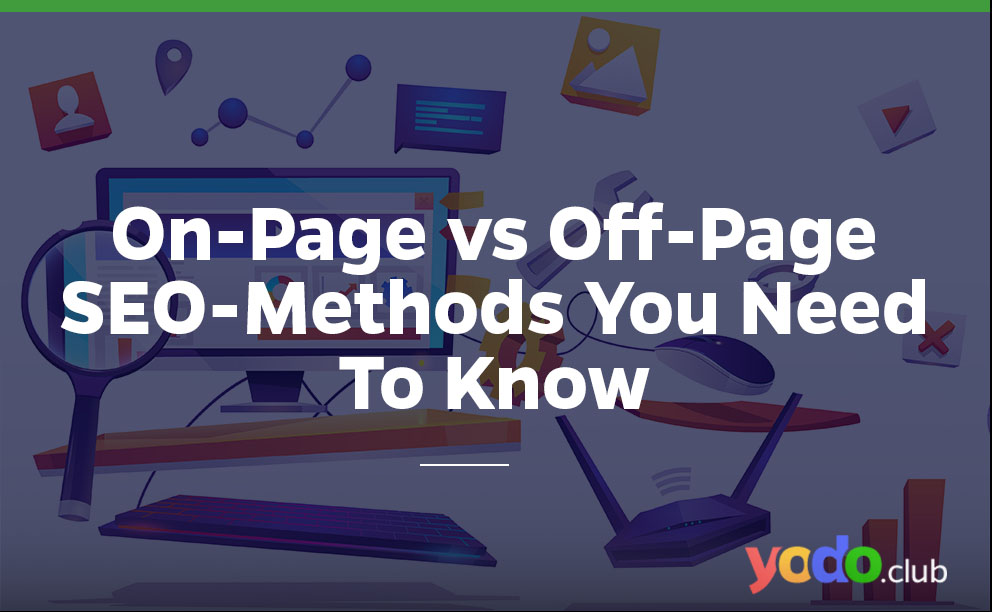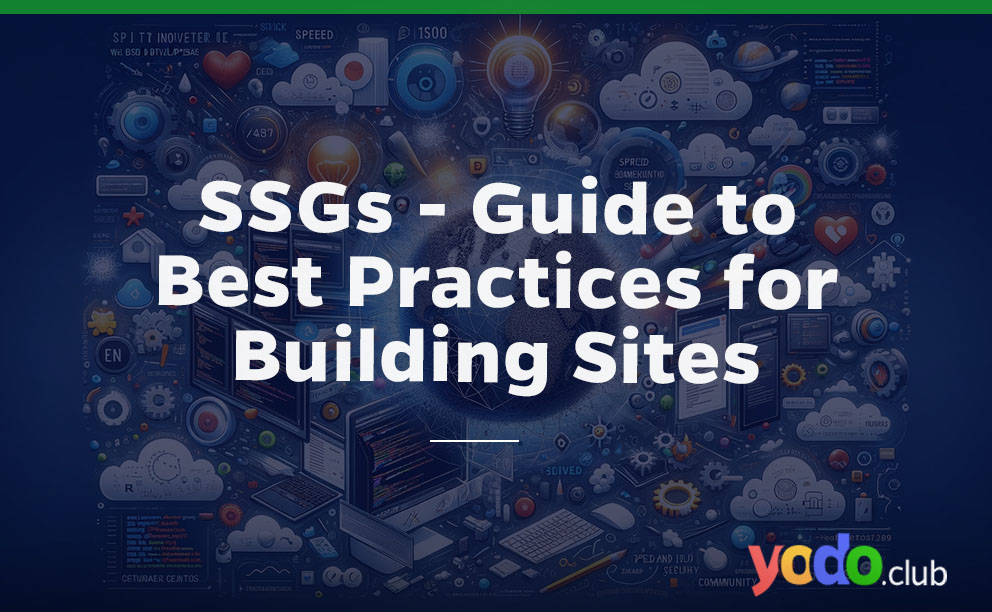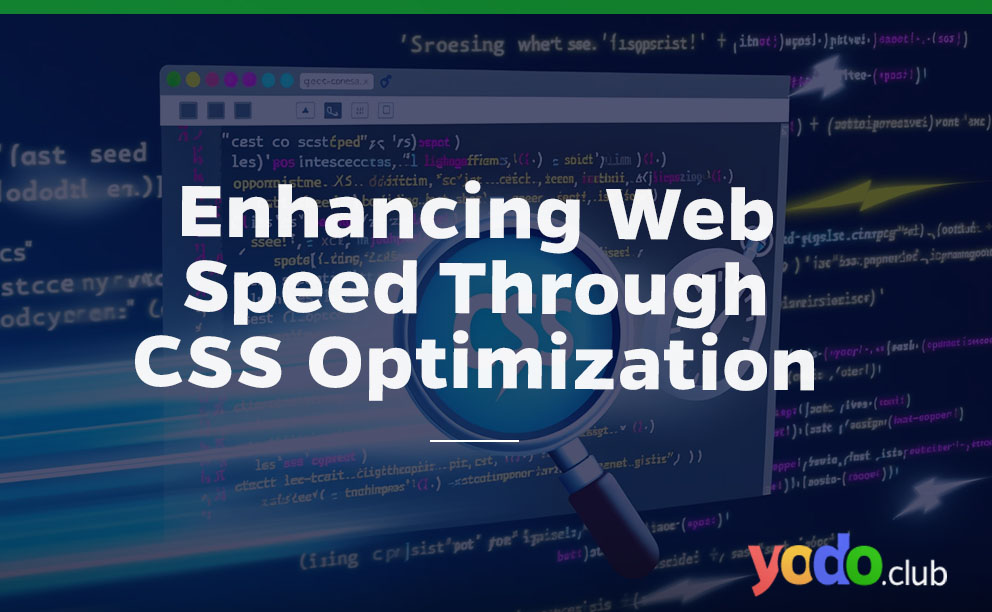While browsing on the internet, you often have come across the two basic SEO terms; On-Page vs Off-Page SEO. Is it so?
There is the third term Technical SEO, but that needs a separate post to discuss with you.
Search engine optimization involves optimization techniques increasing the website visibility in search engine result pages. The website content alone is not enough for ranking the site, but you have to focus on its whole structure and modern SEO techniques.
The SEO ensures the quality and authenticity of the websites in SERPs. As a result, it generates more traffic increasing business growth.
Here we will try to find out the difference between on-page vs off-page SEO. And why and how the digital marketers get the leads. How can SEO impact your website performance? That’s the key point of discussion, so stay to learn about SEO practices.
Table of Contents
On-Page vs Off-Page SEO
Let’s think of both the same branches of a Y. On-Page controls what you want to rank while Off-page involves how you can rank. Both are critical aspects of the SEO campaign. You can neglect one over the other.
Let’s jump ahead to overview the SEO strategy.
On-Page SEO
On-Page search engine optimization allows optimizing the web pages for ranking to make them visible in SERPs. It also helps that how a page will rank well. It is something that you can control and make changes over time. As a result, website quality will increase and traffic as well.
The factors that affect the On-Page ranking involves:
- Title tag
- URL
- Meta description
- Headings
- Content
- Keywords
- Alt tags
- Internal linking
- Responsiveness
- SSL
1. Title Tag
A page title or h1 tag is the alternative name of this tag. The first thing you see on the SERPs is the title tag that tells the visitors and search engine about your page. Keep it optimize with the keywords which you want to rank. Make it unique and descriptive so it is clickable. Not a single title tag of the web pages should be the same.

2. URL- On-Page vs Off-Page SEO
The link you see under the page title is your page URL ( Ultimate Resource Locator). It helps not only the user but also the search engine to crawl your site. URLs should also contain the keywords to make it easier for Google and the visitor to search your page.
URLs should be:
- Easy to remember
- Short
- Include keywords
- Clickable
Keep the URLs optimized using keywords, shorter and simple are better for the search engine and user’s experience. In short, URLs should be user-friendly.

3. Meta Description
A meta description is the page summary that appears under the URL. It tells the search engine and the visitors about what is given on the page. It’s also an important factor to catch the user’s attention and increasing the CTR.
How much your page get clicks and capture attention depends on the meta description. Importantly, these are created to stand out from the pages in the SERPs. Each page meta descriptions are unique and contain a focus keyphrase.
If you don’t write a meta description of the page, Google will create itself according to the relevant content.

4. Headings
The content readability increases using the headings. These break the text into sections and subsections for the user’s ease and understanding. It becomes easier for the reader to learn the whole content into parts rather than a text without the headings.
Focusing the headings keywords signals the search engine for relevancy, impacting the ranking and enhancing the traffic. Do not overstuff the headings with keywords.
There should be only one H1 tag (title tag) per page, while the text further can be divide into sections and subsections through H2 to H6.
5. Content
It is a famous saying that Content Is A King. Quality content does wonders if you think about what the user needs. Despite On-page optimization, if the content is not helpful, the audience will not come to the web page.
Think of the user about what kind of content they want to see because they have been sick from the old and outdated information. The page content should be fresh, updated and easy to read.
The people must find valuable and new information while landing your page. Target the keywords in the content at the beginning, middle and end. This will give the signal to Google to rank. In short, Google loves the quality content with targeted keywords and uplift in the SERPs.
6. Keywords
Keywords are the queries that a visitor search for on Google. It would be helpful if you focused on those keywords that a user frequently searched. Sometimes, people also look for long-tail keywords. So, make both approaches. Push the keywords in the content but do not over-optimise the whole content with these.

7. Alt Text
Alt text or alternative text that appears when the images are not visible to the users or the site loads slowly. It describes the image content to read the text when images don’t display easily. Use the keywords in the Alt text to rank it in search engine result pages.
It’s done, so the search engine indexed it on the search results.
8. Internal Linking – On-Page vs Off-Page SEO
Linking the pages on the website helps the search engine to crawl everything. It also makes it easier for the user to navigate the pages for understanding the site. This allows the search engine to boost the site, but it also keeps the user longer on the page.

9. Responsiveness
Browsing on smartphones is increasing as more people love to use them for online business and other purposes. It’s an also important element that ensures that your website responds the same as on the desktop or tablet.
You can’t claim your site is mobile-friendly if the user has to pinch off or zoom it on mobile devices. There are tools to test the mobile friendliness of the website. If the site fails to load, it will drop down the ranking.
10. SSL-On-Page vs Off-Page SEO
Google prefer to rank the website having trustworthy and secure. It tells the search engine that your site information or content is safe and secure. As a result, it will boost the website, and the users also trust those sites. Therefore, it’s an important factor to enable page security.
Off-Page SEO
Off-Page SEO involves practising to achieve site’s authority and backlinks. It also impacts the Google ranking, but you cannot control off-page factors. Google Algorithm has changed, and those websites will get the top ranking having authority and quality backlinks.
The search engine considers the number and quality of backlinks while ranking. It’s an important factor that how high you can rank for in the SERPs.
The Off-Page factors that impact the ranking are:
- Backlinks
- Domain authority
- Promotion
1. Backlinks – On-Page vs Off-Page SEO
It’s a crucial Off-Page strategy of link building that is the biggest thing impacting your website ranking. In reality, it tells the search engine about the authentication of the site.
The number and quality of the backlinks from a trusted site signals Google that links are not spammy. As a result, it boosts the site. Google considers the source from where the links are coming from or are not fake otherwise penalized you.
If you get one backlink from a trusted source, it is worth more than low links.
Relevancy also matters so that it can be helpful for the readers. When a website links back to your site, it is valuable not only for search engine but also for readers. Guest post, request for backlinks, writing influential posts, outreach etc., are some ways.
2. Domain Authentication
Domain strength or authority is how much your domain is trustworthy. Certain factors decide the domain strength, like the numbers from o to 100, the 100 is the highest. And the domains with the highest number will be recognized as authoritative website boosting the rank.
3. Promotion
Sharing the content on the different platforms works great in bringing traffic to your website. If the readers find it relevant, they will share it on other platforms. This sharing will increase the potential customers impacting the ranking.
The shared content helps to bring more traffic, in turn, more backlinks and high ranking.

Why On-page vs Off-page SEO?
Which SEO campaign you should choose is not the question because both are the pillars of content strategy. On-page practices the quality content while the off-page focuses on the backlinks that Google see for the authoritative site. Both on-page vs off-page SEO implementations bring potential customers.
Wrap Up
Yet, there are Google Guidelines that tells how we can achieve a high rank in the search engine, but with basic SEO techniques, you can push the site’s position to the top.
Which one to choose is not the question both improves the ranking. These strategies work collectively.






 & Passion.
& Passion.